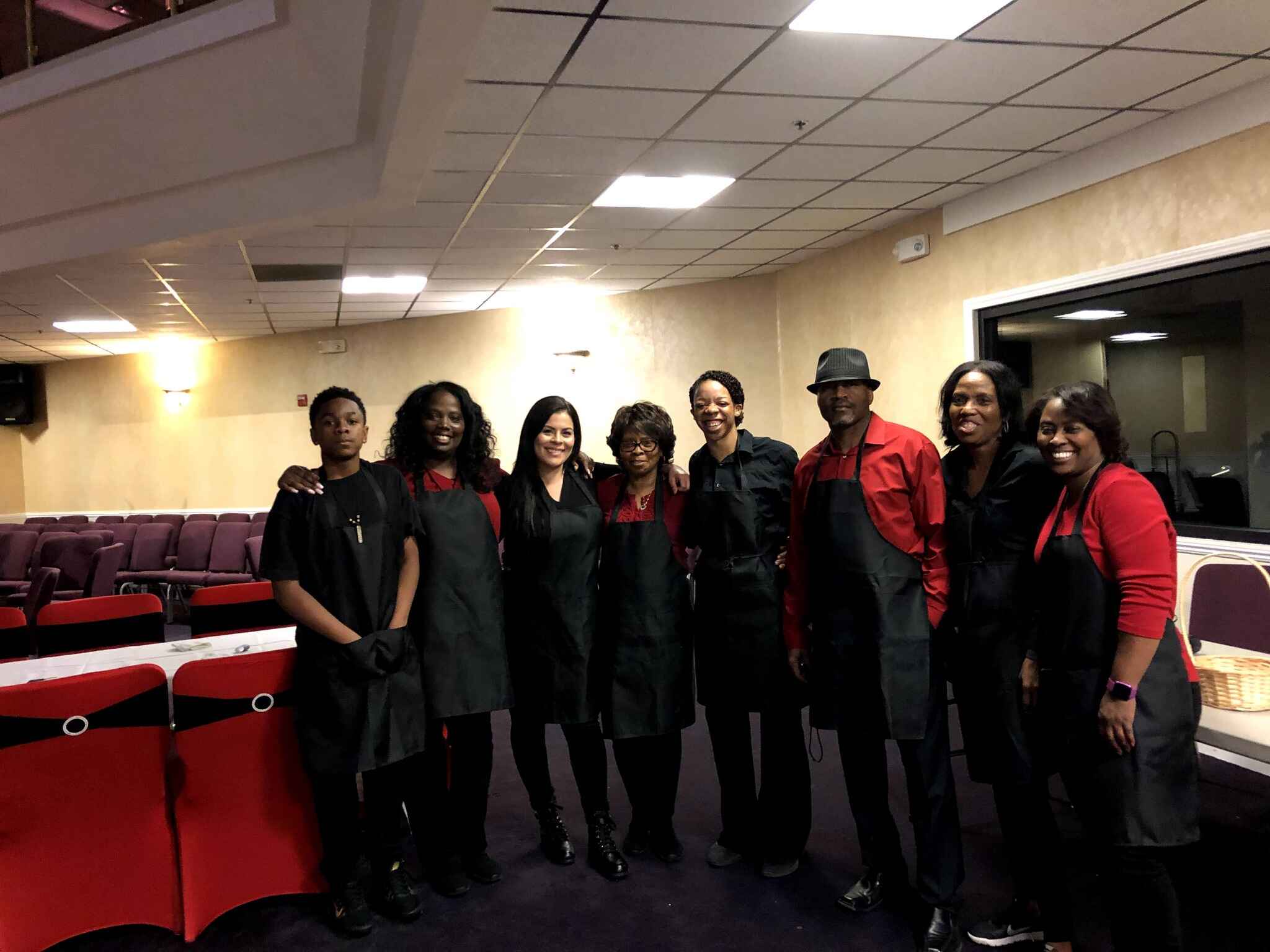Small Business Ownership and Franchising
If you think that small business ownership is only achieved by having an original idea and creating a brand on your own, think again. Owning a franchise location and small business ownership can both have a meaningful impact on their local communities.

When you buy a franchise, are you a small local business owner? Yes!
In a time of megastores and Amazon.com, but also Small Business Saturday, it’s important to remember what’s special about small businesses and why they matter without lumping franchises in with the much larger businesses that don’t have an ownership presence locally.
There are certainly benefits to large businesses that can be found from town to town or accessed by anyone in the world, such as leveraging discounts. However, small businesses aren’t just quaint reminders of days gone by, but important anchors of communities that can provide jobs and put money back into the places they serve.
Back in the Day
Small businesses are what put many towns on the maps. For example, when there were prospectors chasing rumors of gold mines, right behind them were suppliers setting up stores nearby with the tools and gear the miners would need and not far behind them were other entrepreneurs who knew these same folks were going to get hungry, thirsty, and need a place to rent a room for a good night’s rest.
There are many examples like this of businesses being in the right place at the right time, creating work and along the way becoming part of the fabric of a town.
Although not every business needs to be on Main Street with a shingle sign these days, the principles are the same: filling a need to a population that is ready and able to purchase the goods or services.
Is That a Franchise or a Small Business?
When someone opens that shop—whether they are selling doughnuts or haircuts—they are very likely going to need employees so they are job creators.
When someone buys a franchise under a brand name—no matter if they sell doughnuts or haircuts—they too will need to hire someone locally.

Having a product or service that makes people’s lives better because of it is wonderful, but being an employer can change lives and help communities to thrive.
Both a sole proprietorship business and a franchise business owner work closely with other local businesses, developing a network of support that benefits all parties. Perhaps the independently-owned hardware store sells that paint that the locally-owned franchise business buys to spruce up their new storefront. There are many examples that show the healthy ecosystem of business ownership, regardless of whether one is a franchise location and one is sole proprietorship.
What we think of as a small business owner is someone who saw a need to fill or had an idea to create something new, took a personal chance to step up and create a business to get this product or service to others, and then invited others to be part of their success as employees. A franchisee is someone who learns of an existing business model that fills a need and takes a personal risk in the form of an investment in the franchise to bring this product or service to their community, and they too can be an employer.
Another way to look at it is this: if you’re looking for sponsors for a youth sports team and reaching out to local businesses, what’s the difference between a franchise location and an independently-owned business? They can each write a check that will benefit the team, and maybe put their name on some uniforms.
There are many benefits to being a small local business, much the same as being a franchise location under a brand name. Learn more about franchising with Sticky Fingers Cooking today.







